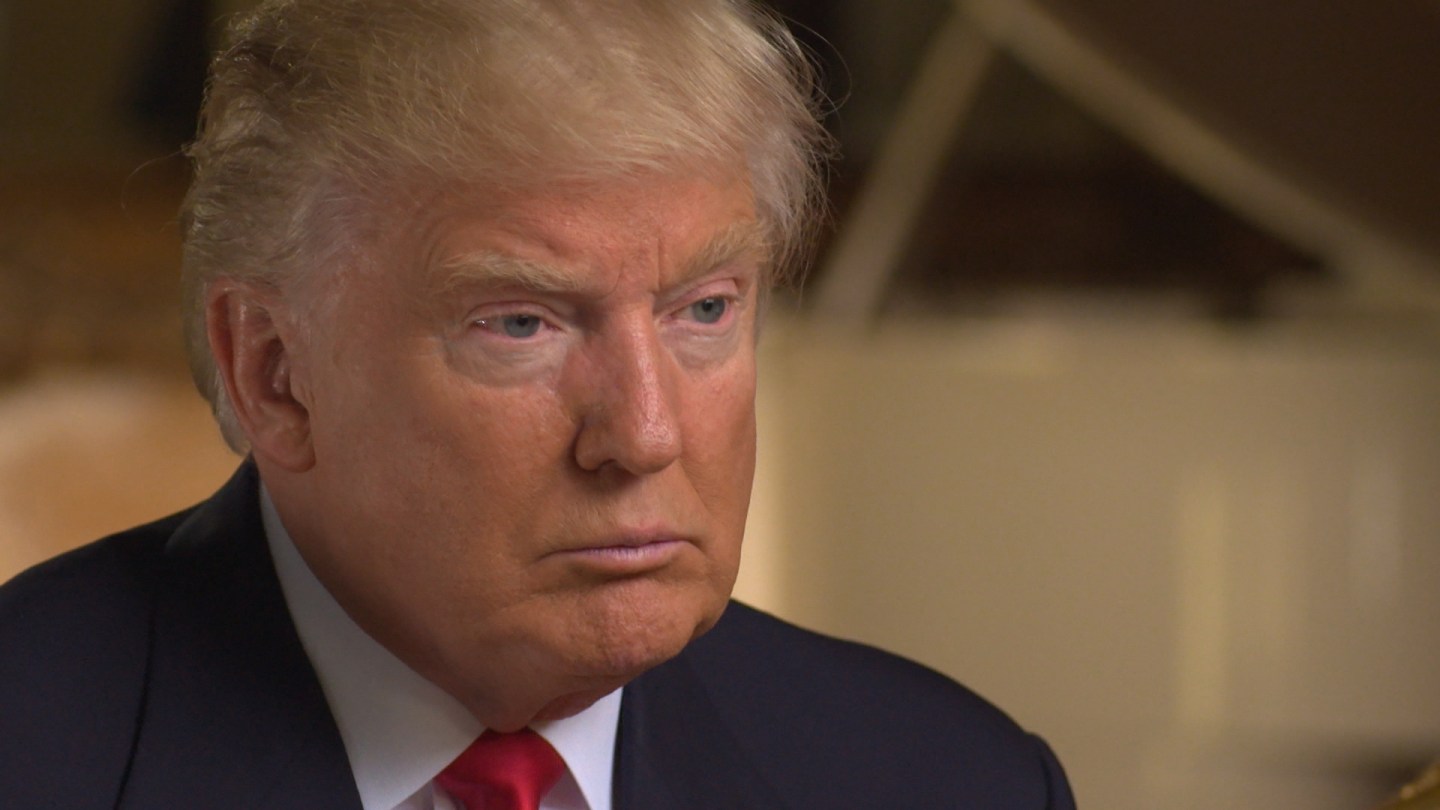The dollar’s surge since Donald Trump won the presidential election may seem like a good thing to the average American, but it probably isn’t. It could herald something very bad.
That’s the verdict of the Bank for International Settlements, the so-called central banks’ central bank based in Basel, Switzerland. Why should you care? Because, apart from it having a comprehensive set of data to analyze, and no book of their own to talk, it’s the one institution that consistently warned about the financial crisis of 2008.
The BIS argued in new research published Tuesday that the dollar’s exchange rate has, in fact, become the best barometer of risk appetite in the global financial system: The higher it rises, the less willing banks are to lend, and the more financial stress the world economy suffers.
“The ripple effects of bank stresses in one region will be felt globally through the channels of global banking,” Hyun Song Shin, the BIS’s head of research, said in a speech in London. “Given the dollar’s role as barometer of global appetite for leverage, there may be no winners from a stronger dollar.”

The starkest example of this phenomenon was in 2007 and ’08, when the incipient financial crisis triggered a global “flight to safety” in wholesale financial markets.
The Federal Reserve’s response–to flood the world with dollars–encouraged borrowers in emerging markets in particular to assume ever greater liabilities in a currency they have no control over. The BIS has warned repeatedly about the risk of a dollar snap-back since then.
“If banks react to resurgent volatility by reducing their intermediation activity, as happened during the 2007–09 crisis, the banking sector may become an amplifier of shocks rather than an absorber of shocks,” he said. (Click here to read the full speech.)
The question: How big an ‘if’ is that?
Maybe not very. If the dollar is strengthening on anticipation of a policy that will close the U.S. Market to Asian exporters, then it’s quite reasonable to assume that a European bank (which has to hold more capital anyway against what is, for it, a foreign currency exposure) will be less likely to lend dollars to such exporters. And that nexus matters: European banks have lent more dollars ($671 billion) to Asia than U.S. Ones have ($571 billion), according to the BIS’s data. Now think for a second about how over-extended China’s banking sector is, and how hobbled by financial repression Europe’s is, and you’ll see why the wonks in Basel are so worried.
According to Shin, you don’t even have to wait to see the malign effects of a rising dollar. They may already be evidenced by the slump in global trade in the last two years. International trade is routinely carried out in dollars, with long and often complex supply chains. The longer the supply chain, the more financing it requires, and so the more vulnerable it is to a rising cost of getting dollars. The graph below shows how the correlation between (non-Chinese) Asian exports were sharply correlated to U.S. And EU GDP growth–until 2014, when the dollar rally started.
Of course, none of the above means the dollar’s rally since the election is going to end any time soon. It just means that there could be blood all over the world economy’s floor before long.
As Berkeley professor Barry Eichengreen argued in an op-ed for the Financial Times noted Tuesday: “Even when the US is the source of the problem, its currency benefits.”














